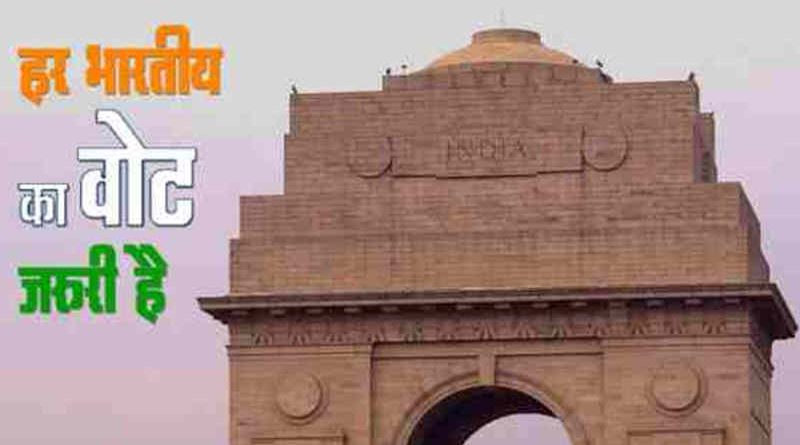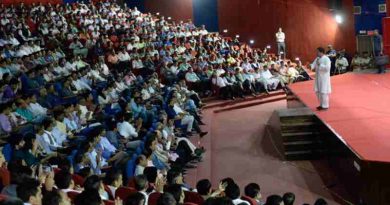Bihar Election: Parties Asked to Release Criminal Records of Candidates

By RMN News Service
As the Bihar Legislative Assembly election is scheduled to be held in October 2020, the Election Commission (EC) has asked the political parties to release the details of criminal cases of their candidates.
However, since most political outfits are full of criminals, they are reluctant to follow the EC directive. According to reports, the election authority had sent a letter to 150 registered parties in Bihar, advising them to disclose the reasons for selecting candidates with criminal records. But the letters came back, as they were not received at the addresses of at least 20 parties.
In February, the Supreme Court of India had directed the political parties to decriminalize politics by taking some specific steps. The court said in its order that the political parties will have to declare on their websites and social media channels the details of candidates who are facing criminal cases and the reasons for selecting them for elections.
The court decision came just a couple of days after the Delhi Assembly election in which the winning group Aam Aadmi Party (AAP) of chief minister Arvind Kejriwal had fielded 36 of the 70 candidates who have serious charges against them.
The Supreme Court also said that the parties must submit the same details to the Election Commission within 72 hours of selecting such candidates, adding that the selection should be based on merit and not the winnability of a candidate. The court said its directions shall apply to national as well as assembly elections in states.
A bench headed by Justice Rohinton F Nariman noted the alarming rise in the number of candidates with criminal charges entering the fray and decided that the top court should use its extraordinary powers to inform the citizens so they could elect the right candidates.
The Supreme Court order said categorically that if the political parties failed to furnish the details of the criminality of their candidates or the Election Commission failed to implement the directive, it would amount to contempt of court.
Meanwhile, the world’s top magazine The Economist says “a penchant for criminality is an electoral asset in India.” The magazine has published data about the political success of India’s “accused murderers, blackmailers, thieves, and kidnappers,” saying that 34% of India’s members of parliament (MPs) in the Lok Sabha have criminal charges filed against them.
Earlier, in September 2018, a 5-judge constitution bench had asked the central government to immediately enact laws to ban those involved in serious crimes from contesting elections and becoming party officials.
The court judgment came in response to the contempt petitions against the central government and the Election Commission, alleging that no serious efforts were made to stop the criminalization of politics despite the court order.
The Election Commission had said during arguments that the court order to publish criminal details of the candidates was not having any impact and suggested that political parties must be directed not to give election tickets to people with criminal cases.
The court had earlier ordered that candidates must publish their criminal details in the newspaper thrice after filing their nomination. The petitioner alleged that the Election Commission had not attempted to implement this order effectively.
In response to the court order, the EC sent a directive to all 2,543 national political parties in the country, apart from the 150 parties of Bihar, to collect the criminal records of candidates.
Bihar is the first state where this order will be implemented and every party will be asked to drop candidates with criminals records from its list.





